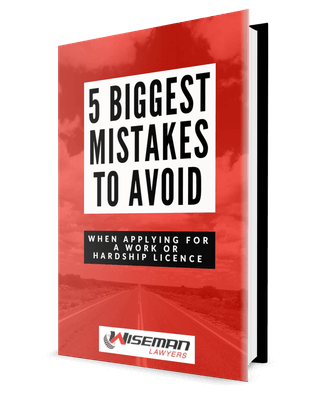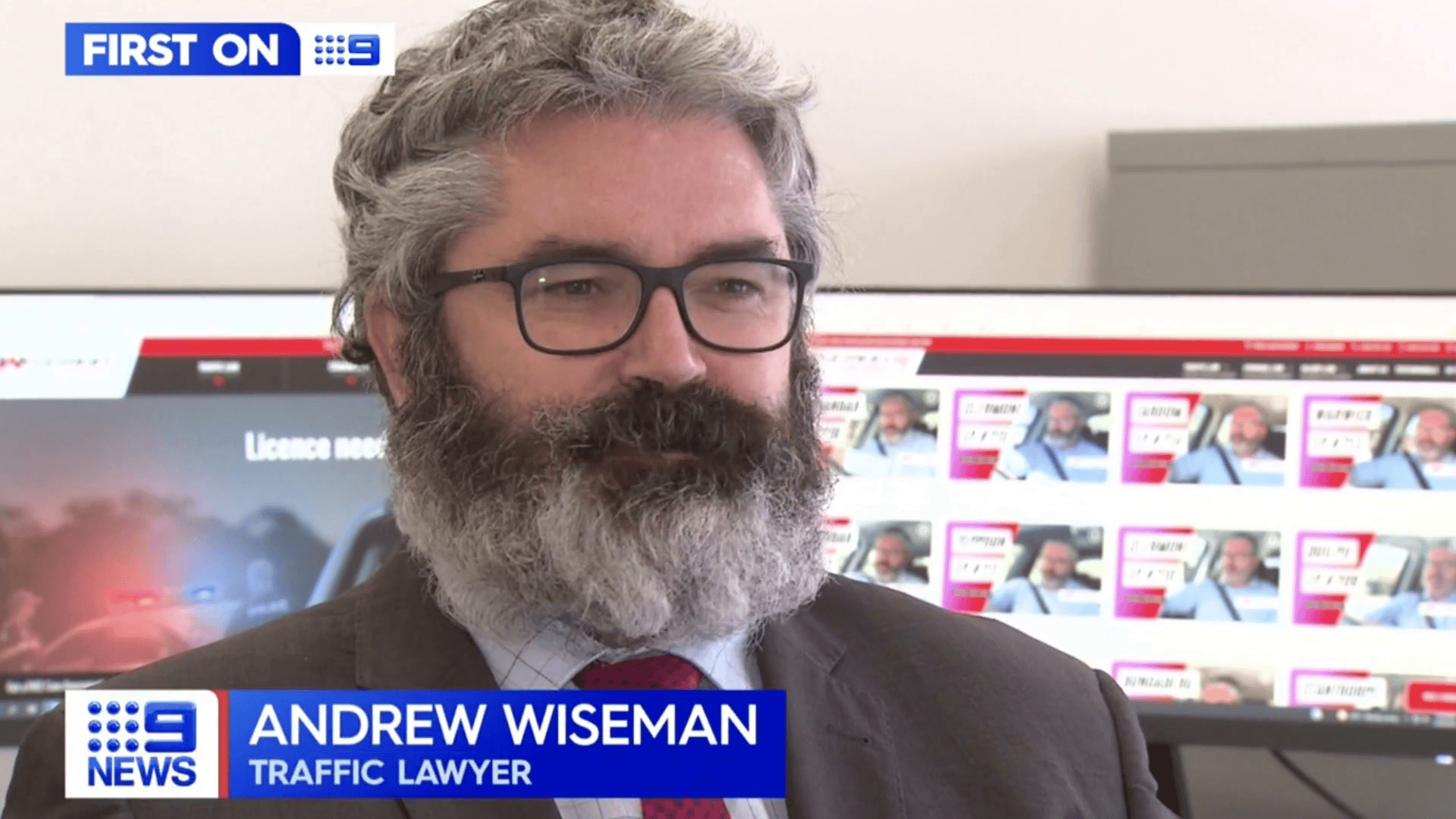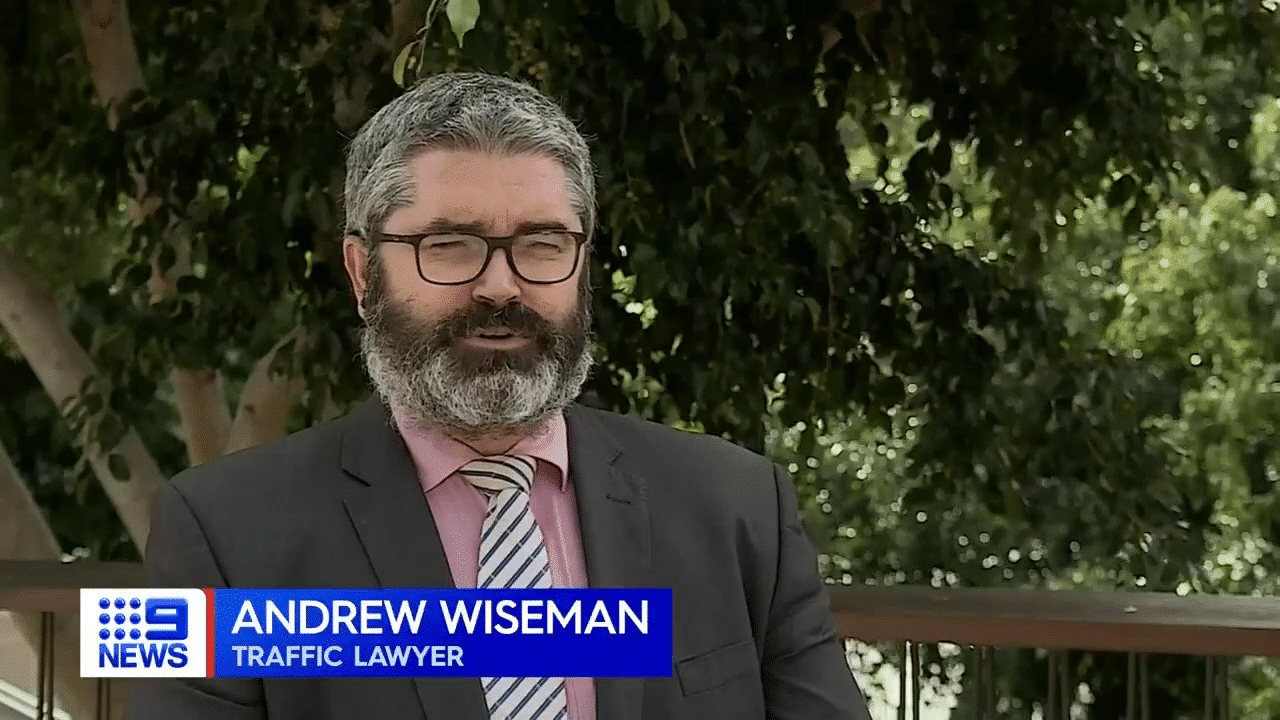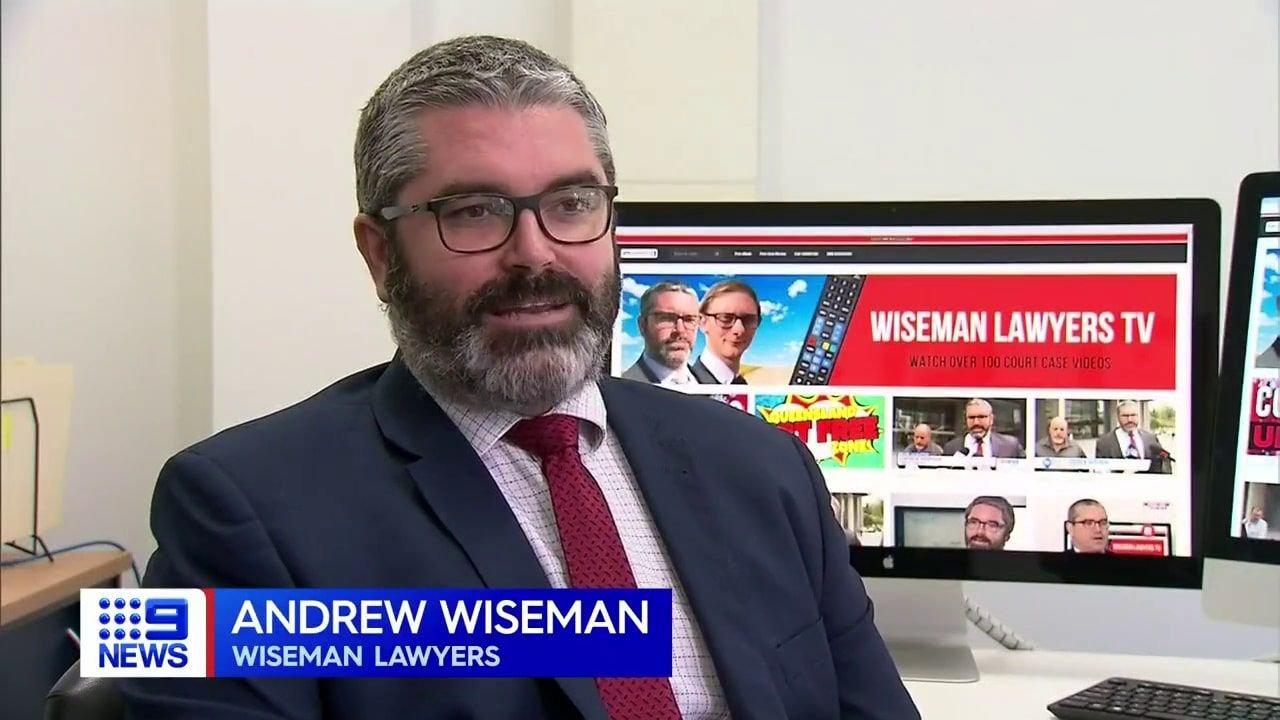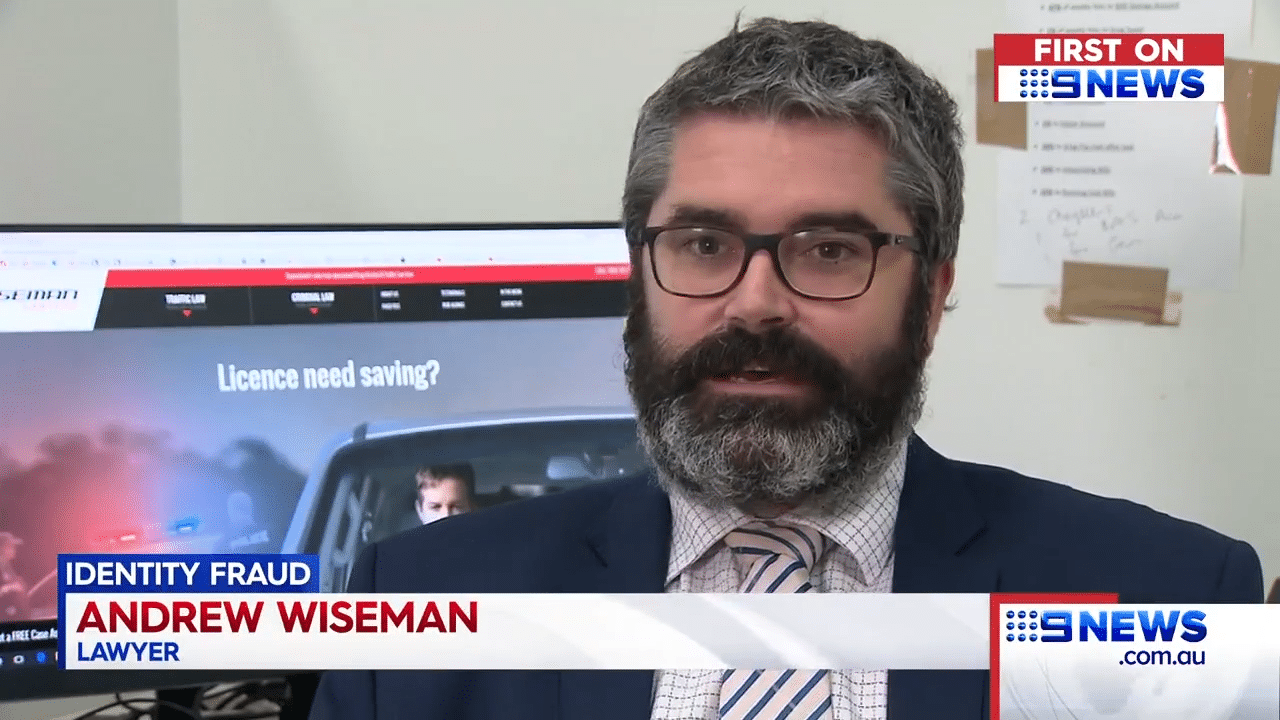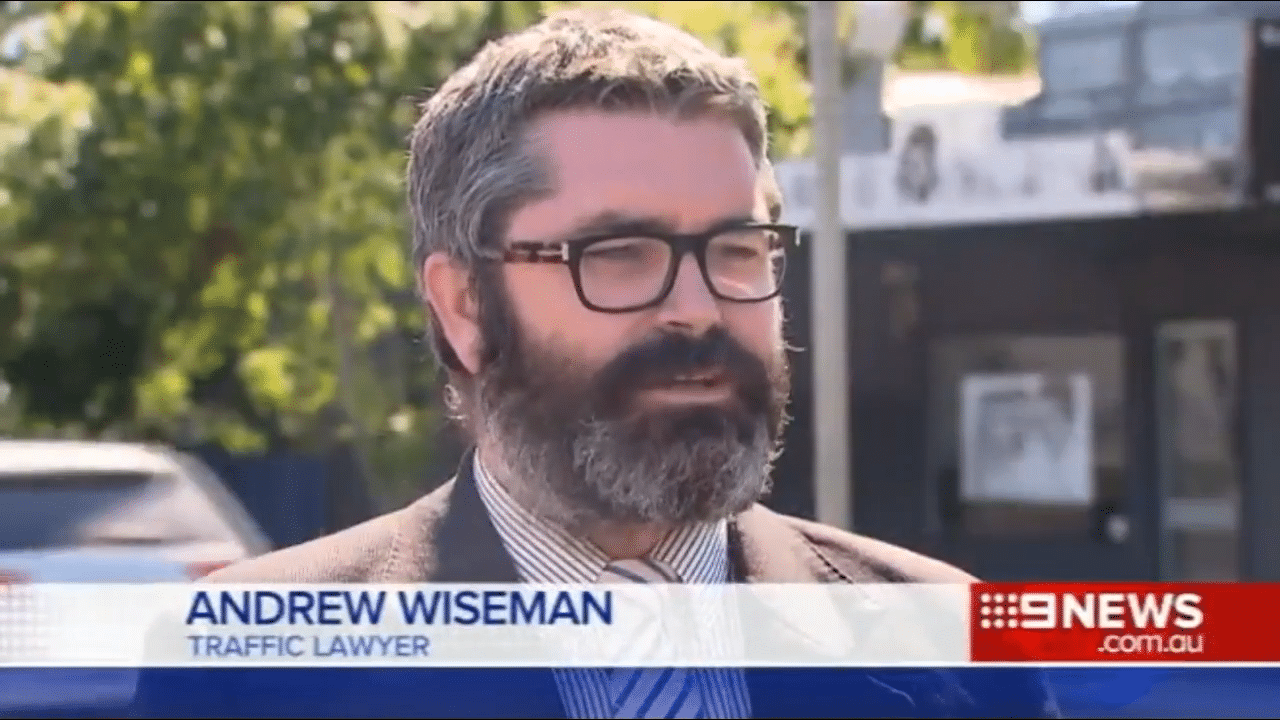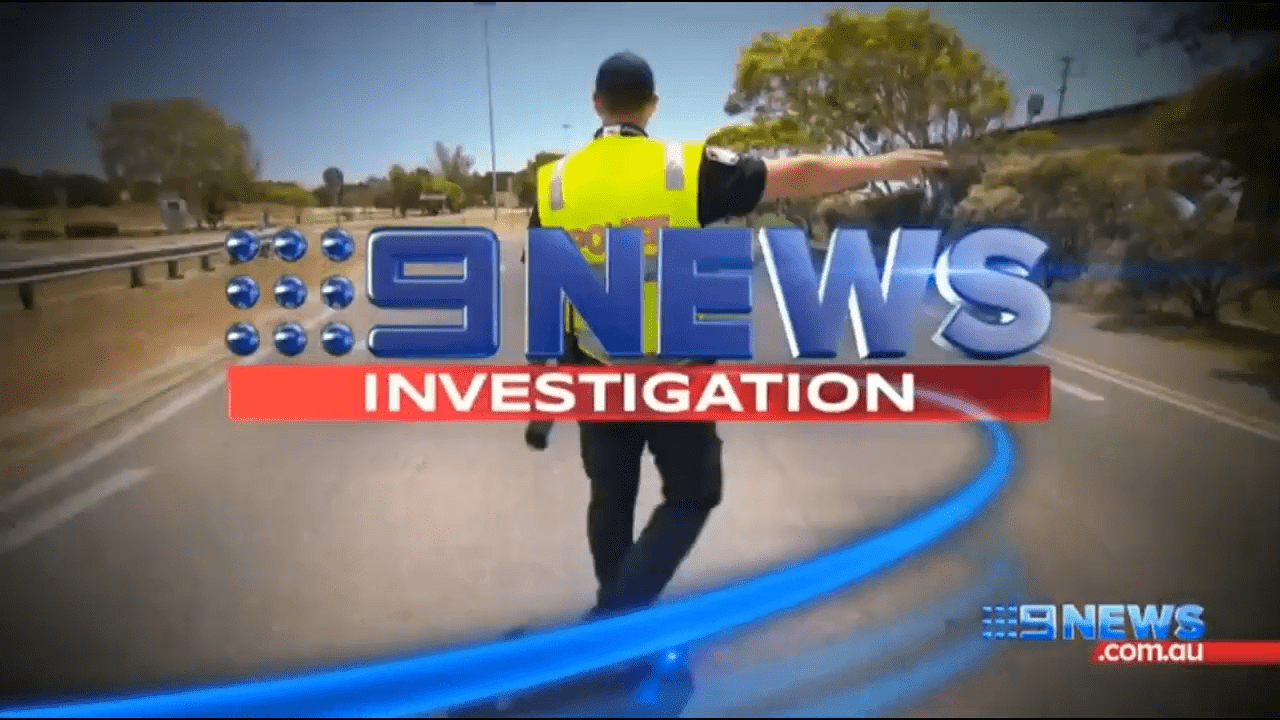Join Wiseman Lawyers Traffic Lawyer Andrew Wiseman at Caboolture Magistrates Court as he represents a client charged with Drug Driving. Watch Andrew explain what happened in the courtroom, along with the outcome which he achieved and how he achieved it.
Today I’m at Caboolture Magistrates Court. Client was charged with two charges. First being drug driving. There’s two types drug driving. The more serious is, driving under the influence of a drug. Meaning, you’re high on drugs. The lesser charge, you drive whilst relevant drug present. Meaning, you’ve had it at some point, it’s worn off, but there’s still traces of it in your system. But they were also charged with possessed dangerous drugs. So they actually had a quantity of cannabis in their possession, and to further compound the matter, they previously been done with possessed dangerous drugs. So it was repeat possessed dangerous drugs, but first time, drive whilst relevant drug present, drug driving.
I’ll start with the drug driving. Firstly, they were on their [inaudible], so for that reason, they couldn’t apply for a drug driving work licence. But further compounding that, they’d previously lost their licence due to de-merit points in the last five years. So, just to confirm, to be eligible to apply for a drug driving work licence, which is a order that overlaps a disqualification, permitting you to continue driving for work purposes, during the disqualification, you have to be the holder of an open Queensland driver’s licence when intercepted, and you can’t have lost your licence in the last five years. There’s a number of other prerequisites that I won’t go into now, but the short version is, because she was on [inaudible], and lost her licence in the last five years, she wasn’t eligible to apply for a drug driving work licence. So my job was one of getting the disqualification down as low as possible. Worst case is nine months, mandatory [inaudible] is three months. And with the other charge, worst case scenario, with possessed dangerous drugs, particularly when you got previous history, is jail.
Even though I have seen people go to jail for possessed dangerous drugs, with not much history, it’s not common, and I’m not going to overstate it, and pretend that my job was one of avoiding jail, it’s jail would’ve been highly unlikely today, even without a lawyer. But that said, there are a whole host of other provisions available to magistrates for repeat possessed dangerous drug defendants. Such as, wholly suspended imprisonment, probation, et cetera.
At the end of the day, for that charge, my job was also one of, trying to get a fine only. So in summary, for the drug driving, my was job was one of, trying to get the disqualification down as low as possible. As I said, the minimum being three months, worst case being nine months, and for the repeat possessed dangerous drug, it was trying to get a fine.
This particular client had aspirations of joining a particular government department. I won’t mention it, but when you try to get into any kind of federal government agency, there’s a strict screening processes, and criminal, and traffic histories can be detrimental to persons who are trying to get employment with the government. And it is unfortunate when I do see young people making stupid mistakes like this, but then it follows them throughout the rest of their life.
What I’m getting at is, with regard to the conviction, so the possessed dangerous drug is a criminal offence, so that’s a criminal conviction. The drug driving is a traffic offence, with a traffic conviction, but a lot of people in the various government departments, and anywhere outside of the judicial system, doesn’t seem to get that drug driving is not a criminal offence, It’s a traffic offence. And for that reason, people hear drug driving, and treat a person like they’ve got a criminal history, even though they haven’t.
On the previous occasion, when she was convicted of possessed dangerous drug, there was no conviction recorded. Which isn’t that hard to get when you’re a first time offender, given that a criminal history will have a very real impact upon a person’s future. The difficulty in trying to get no conviction recorded for a drug driving offence, is that it’s a traffic offence, and technically, and that’s supported by the case law, a traffic conviction will have no impact on a person’s future, or ability to earn an income, et cetera.
There’s various case law that basically puts that idea to bed. So basically what the case law says is, that convictions for traffic offences, which drug driving is, must be recorded in all instances unless documentary evidence can be [inaudible] showing, and proving that the person’s going to suffer severe hardship, and there’s not a lot out there and it’s can be quite difficult to get no conviction recorded for drug driving, or drink driving, or traffic offending. The possessed dangerous drug, on the other hand, it’s not as difficult because the case law supports the notion, that it will have an impact.
What I’m getting at is, hard to get no conviction recorded for drug driving. Not hard to get no conviction recorded for possessed dangerous drug, if you’re a first time offender, but more difficult to get no conviction recorded for possessed dangerous drug, if you’re a repeat offender.
Anyway, as far as preparing goes, I’ve got my client to do the reformatory course, we get all of our clients to do. Got her to get character references based on the template that we prepare for each client. Provided a form for her to fill out, that prompted her to give me the information I needed about her as a person. Background, what she does now, dreams for the future, specifically with regard to her employment, et cetera. Requested the police brief, that had their version of the events. Whatever history she had, et cetera. When I had all of those documents, and prepared my submissions, drafted an affidavit for her to sign, based on what she said she learned at the course. Met the client today before court, grabbed a conference room, ran through my submissions, the procedure, what to expect the magistrate to say, what to expect the prosecutor to say, what I plan to say, et cetera.
Went in, I guided the magistrate through my client as a person. I tried to, not water down, but distinguish her previous traffic and drug offending from the events today, and that the person that she’s become, and the person that she wants to be in the future. I spoke at length about the difficulties that she’ll suffer in trying to get into that government department, if convictions were recorded today, for both the possession, and the drug driving.
It wasn’t easy, but it wasn’t particularly difficult to try and persuade the magistrate to not record a conviction for the possession. Because once again, it’s a criminal offence, and there are very real ramifications for people who have criminal histories, particularly where convictions are recorded. But it’s a really hard sell. It’s like trying to sell ice to Eskimos, trying to get a magistrate to not record a conviction for a drug driving offence. Partly because, as I said, the case law supports the notion that it’ll be of little to no impact. But also when there’s previous drug offending in a person’s history, I had to use some analogies of my feet, that I’m not going to go into now, but basically, get a little bit creative with regard to some scenarios that the client might find himself in, where a person might not distinguish between drug criminal offending, and drug traffic offending.
Anyway, took a little bit of effort, and tap dancing, but I was ultimately successful on both fronts. I was able to persuade the magistrate, not to record a conviction for the possession offence, notwithstanding the fact that she had a previous. And I was also successful in persuading the magistrate not record a conviction for the drug driving offence. So, no convictions were recorded, which is all she wanted. She was given a four month dis-qualification. As I said, the minimum is three months, given the history, given the focus of my submissions was on, the non recording of the convictions, and given that her current role wasn’t overly driver’s licence dependent, I was happy with four months. But obviously far more happier, as the client was, with the non-recording of convictions.
So, four month disqualification, no conviction recorded for both the drug driving, and the drug possession. A modest fine. Client’s extremely relieved. I’m Andrew Wiseman. Thanks for watching.
